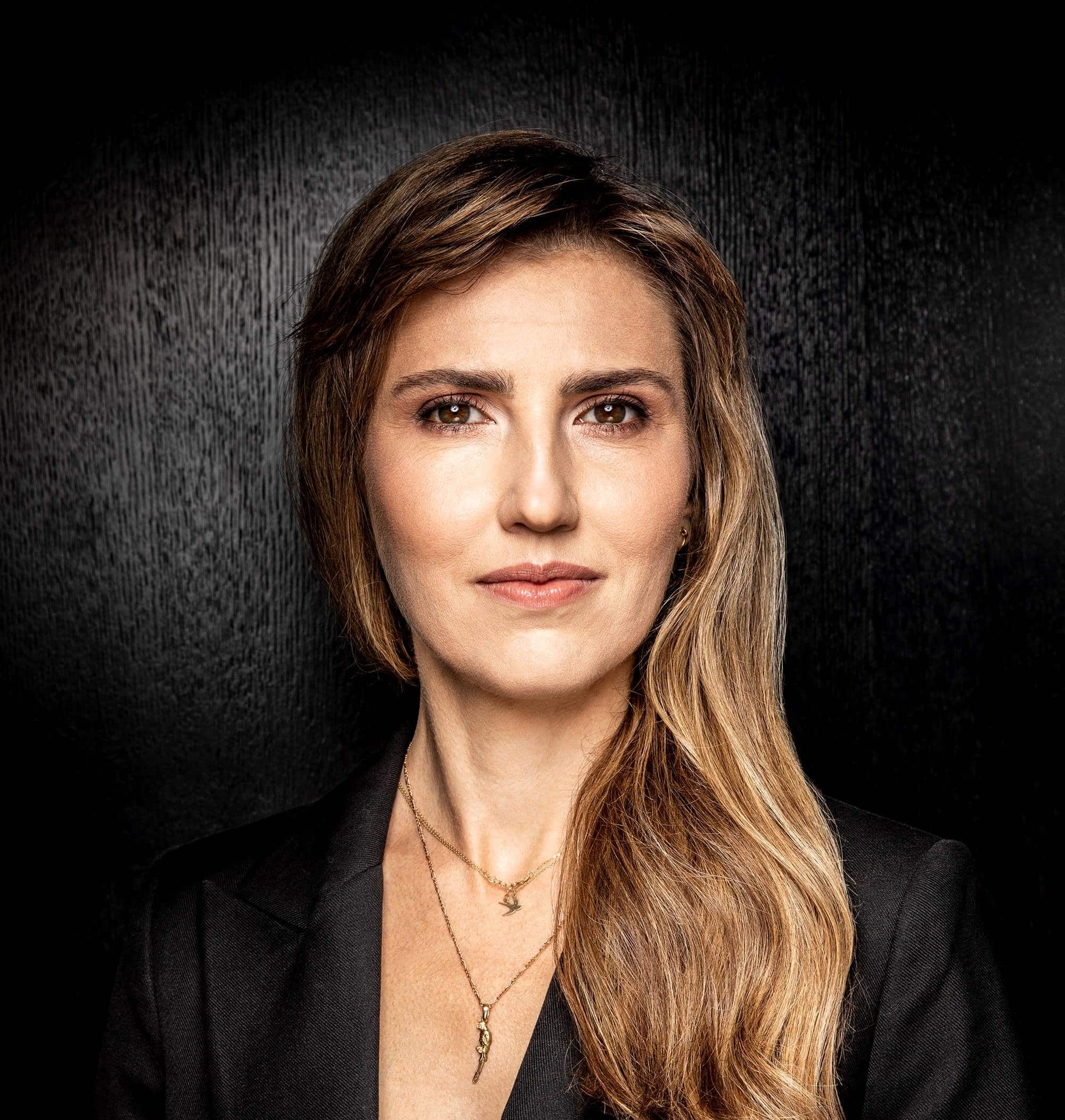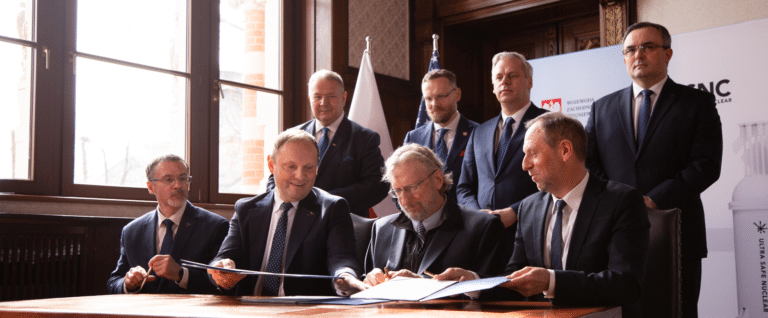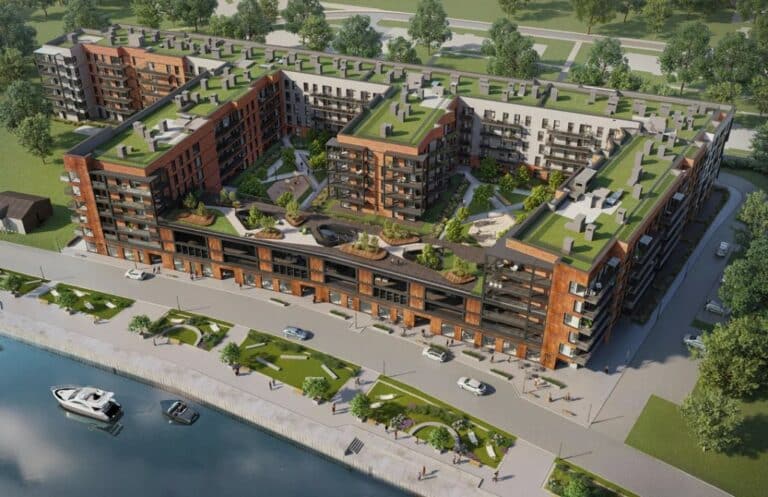Senior Care Sector at a pivotal moment
Poland Weekly talked with Aleksandra Jach, attorney – at – law, Structure Drwal Jach Komorowska Moj sp.k., expert at KIDO (the Polish Chamber of Long Term Care Facilities), about the stable development of the senior care sector in Poland.
An increasing number of the senior housing projects opening for public each year proves that the senior care sector is developing steadily in Poland. Market analysis shows that the average price for a monthly stay in a senior care home amounts to c.a. EUR 1,500 and it is constantly growing. On top of this, demographic prognoses show that the share of the population over 65 years old will increase from 18% now to 30% in 2050, which equals 1/3 of the population. Consequently, a focus on improvement of the services rendered to seniors seems to be the right direction as it will safeguard our future in decent conditions.
In December 2022, there were over 9.8 million people in Poland over 60 years old (i.e. 25.9% of the population). According to reports prepared by KIDO, over 50 new long-term care facilities have been opened to serve the elderly during the past two years (51 and 57 in 2022 and 2023, respectively). The highest number of new care homes were opened in Mazowieckie Province (10 in 2023 and 14 in 2022). According to a survey completed by KIDO in April 2024 on accommodation standards in private and public long-term facilities, the majority of the care homes offer a stay in double and triple rooms, whereas single rooms are still in a minority, however there are also some facilities which offer stay in four beds bedrooms. The survey shows that the price for a stay in a single room ranges between PLN 3,500 and PLN 7,500, with the majority of homes offering accommodation for c.a. PLN 5,000. The price for accommodation in a double room ranges between PLN 2,800 to PLN 7,000, and the price for a place in a triple bedroom ranges between PLN 2,800 and PLN 5,500. The real monthly cost, however, increases with the costs of medicines and the additional services rendered (e.g. rehabilitation therapy). Consequently, the average monthly cost of placing a senior in a long-term care facility in Poland amounts to c.a. PLN 5,000 – 7,000 (c.a. EUR 1,500), which seems to be pretty high for a country where the minimum salary is almost PLN 4,300. One should note that, among 100 analyzed facilities, only 19 had occupancy lower than 90% and 48 facilities were more than 95% occupied.
Issues concerning the aging society have also been spotted by politicians. For the first time in Polish history, in December 2023, a Minister of Elderly People’s Affairs was appointed by the Prime Minister. The Minister – Marzena Okła–Drewnowicz announced the enactment of a new law raising senior care standards and said her aim was to ensure that seniors remain at their homes as long as possible and to avoid as much as possible placing them in senior care facilities. Her focus is on so-called senior grant, which will be regulated in the Act on the System for Services Supporting a Family in Care of a Senior. The assumption behind the grant will be to ensure that a family member who works and takes care of an elderly person (i.e. over 75 years old) will be supported by a caretaker who will provide care services to the senior. The care services will have a maximum value of PLN 2,150.
The minister said the grant will be beneficial for the labor market in two ways: (i) it will ensure that family members taking care of their elderly family members remain active on the labor market and (ii) it will create new work positions for caregivers. It is predicted that over 0.5 million elderly people will be entitled to benefit from the grant. The grants will be distributed by local governments. The services that will be offered to seniors will be simple care services concerning supporting daily needs, however a caretaker will need to complete the 30 hours training preparing them to work with seniors. Not everyone will be eligible to benefit from the program, as certain income criteria will need to be satisfied. It is expected that the draft will be published and subject of consultations in the third quarter of 2024.
KIDO President Andrzej Lejczak has suggested that state aid should be also offered on equal conditions to seniors who benefit from accommodation in long-term care facilities, in a similar form as proposed by the minister for seniors benefiting from home care. This would give seniors and their families an easier choice when deciding between home care and a stay in a long-term care facility.
The Polish senior care market is fragmented at the moment and there are not many institutional players in the sector. The rising need for care homes that will offer complex services of a higher standard to seniors is visible on the market and it seems that the current generation understands well that care services are expensive, but are ready to pay the price.







